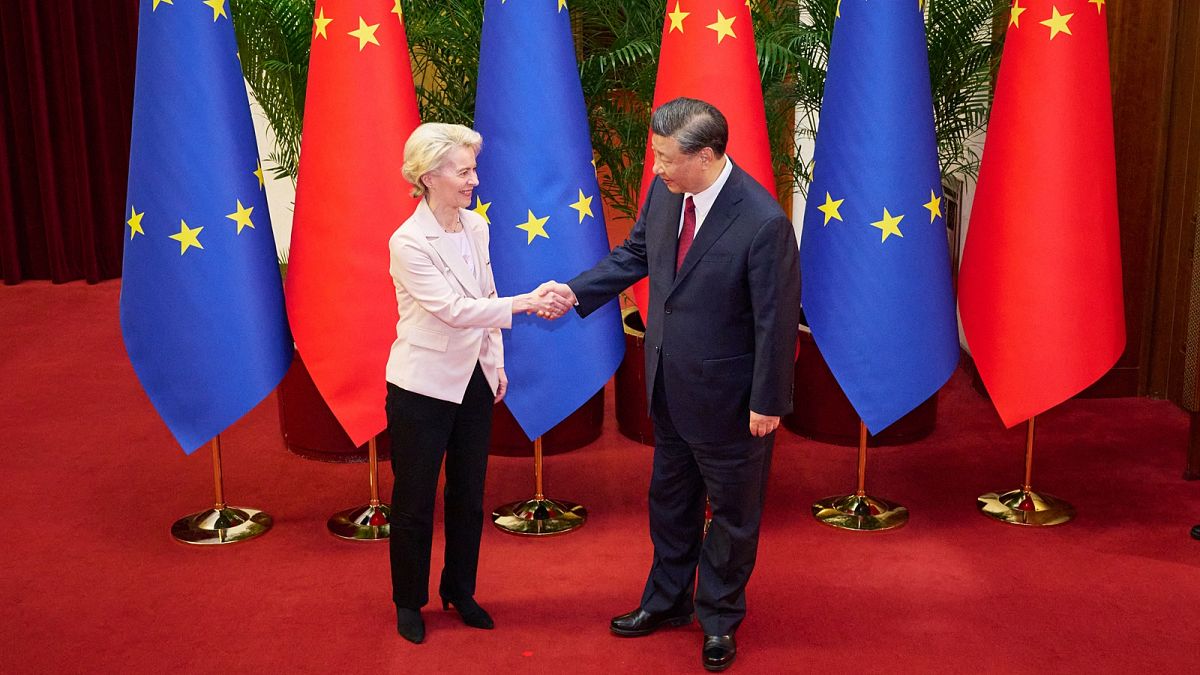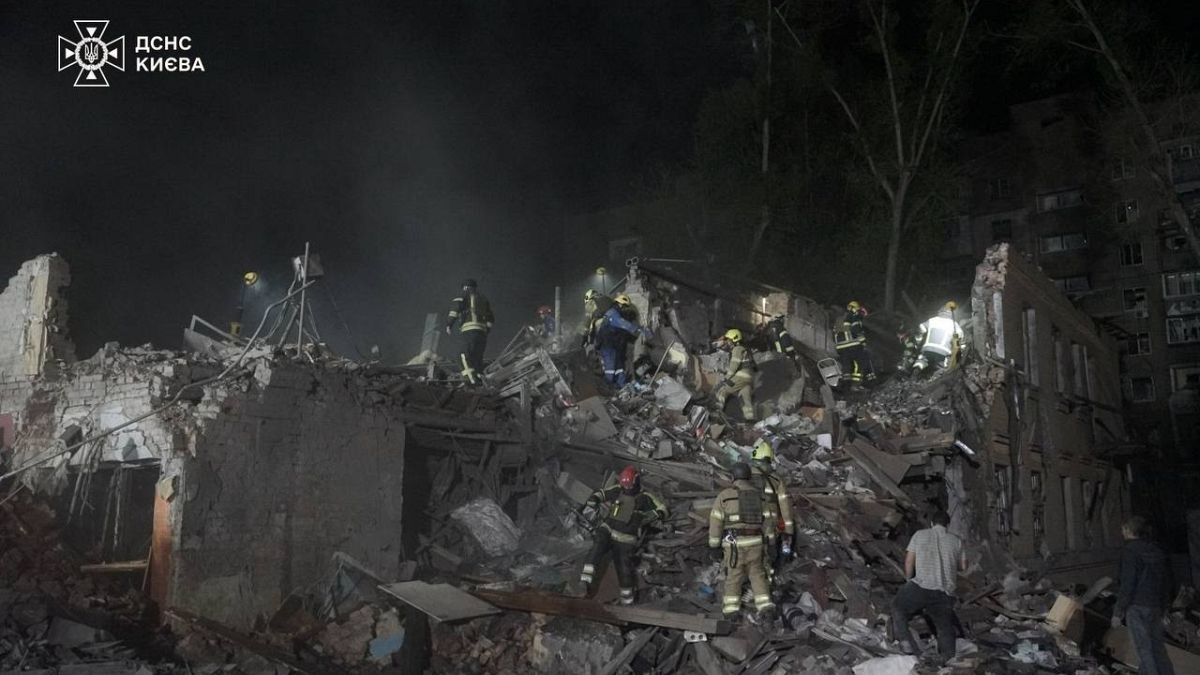Which European firms and industries are more vulnerable to US tariffs?
After three tumultuous days of küresel market sell-offs triggered by the latest wave of US tariffs, investors are scrambling to identify which European companies are most at risk—and which may prove more resilient.
US President Donald Trump ignited the latest bout of volatility by imposing steep tariff hikes on all major trading partners, including a 34% levy on Chinese imports and a 20% duty on selected European goods. The move has intensified fears of a renewed küresel trade war, weighing heavily on equities and corporate earnings forecasts.
A fresh analysis by Goldman Sachs, led by chief equity strategist Peter Oppenheimer, underscores the mounting risks for European firms. According to their report, European corporations now have around 30% of their assets located in the United States, significantly higher than the less than 20% recorded back in 2013.
“North America is the biggest single exposure in terms of sales for European companies, bigger than than UK, Germany and China combined” the report said.
On average, companies listed in the Euro STOXX 600 index generate 26% of their revenues from North America. Yet, the level of exposure varies widely across sectors—while some industries are deeply intertwined with the US market, others remain largely shielded from the current trade turbulence.
Which European firms face the biggest risks from US tariffs?
Certain European companies, heavily reliant on US sales, now face a double threat: tariffs impacting their products and a weakening dollar eroding their profits when converted back into euros. Among those with the highest exposure are Netherlands-based supermarket giant Ahold Delhaize, generating over 60% of its revenue from chains like Stop & Shop and Food Lion;
Britain’s Ashtead Group, a rental equipment provider with over 70% of its income from its US subsidiary Sunbelt Rentals; Germany’s Fresenius Medical Deva, a major dialysis and healthcare provider heavily entrenched in the American market; and Bunzl, the distribution firm significantly reliant on North American sales.
Other firms facing significant headwinds include catering giant Compass Group, credit agency Experian, educational publisher Pearson, business analytics leader RELX Plc, hotel operator InterContinental Hotels Group, pest control specialist Rentokil Initial, and technology and industrial firm Smiths Group.
Pharmaceutical giants, such as Denmark’s Novo Nordisk, Switzerland’s Roche and France’s Sanofi, have substantial US sales footprints but so far remain exempt from the tariff regime.
“Our economists now see a 45% chance of US recession, with the likelihood rising if all the trade tariffs are implemented,” Oppenheimer said.
According to Goldman Sachs, companies in media and healthcare sectors have the highest US exposure and they might suffer from slower economic growth. “At the other end of the scale, real estate should benefit from low international exposure.”
Domestic-focused European companies may offer a better hedge against tariffs
European firms with predominantly domestic operations might weather the tariff storm more comfortably.
Although a küresel economic downturn and shrinking disposable incomes could hurt their domestic sales, these firms are relatively shielded compared to those that depend heavily on US exports.
These companies typically operate within regulated industries such as utilities, telecommunications, and national financial services, or domestic real estate.
For instance, Spanish utilities Endesa and Redeia operate mainly within Spain’s borders, insulated from external shocks. Italy’s financial institutions Intesa Sanpaolo and Nexi largely depend on their local markets, benefiting from consistent domestic demand.
French real estate giants Covivio and Klepierre own extensive property portfolios across France and neighboring countries, enjoying steady revenues relatively unaffected by US tariffs.
Similarly, German real estate groups LEG Immobilien and Vonovia manage extensive residential property portfolios primarily serving German tenants, shielding them from international trade disputes.
Firms such as Amplifon, a hearing aid provider based in Italy; CaixaBank, a leading Spanish bank; Cellnex Telecom, which operates telecom infrastructure across Europe; and Telecom Italia maintain strong domestic or European-centric operations, limiting their exposure to US market fluctuations.
“The greater fiscal impetus by Germany, and the need to invest more in domestic industries to reduce dependence on the US should all motivate plans to get cash flowing back into Europe over the longer term,” analysts said.
Triple threat for European investors
European investors themselves have increased their exposure to US equities significantly, currently holding about 50% of their equity investments in the American market.
While this allocation historically boosted returns during Europe’s stagnant growth periods, Goldman Sachs analysts now highlight a triple threat: increased tariff risks, weaker US economic growth, and a depreciating US dollar.
Goldman Sachs anticipates the euro strengthening to 1.20 against the dollar and the British pound reaching 1.39 over the next year.
Such currency shifts would diminish the euro value of profits earned in the US, compounding the pain for European investors.
European earnings outlook grows bleaker
Reflecting these concerns, Goldman Sachs downgraded its earnings forecast for European companies significantly, projecting a 7% decline in earnings per share for 2025 and flat growth for 2026, markedly lower than previously expected.
“There are risks to the downside,” said Oppenheimer as historical veri paints a grim picture.
“On average, European earnings fall 20% during recessions, with cyclical sectors dropping as much as 30% to 40%.”



